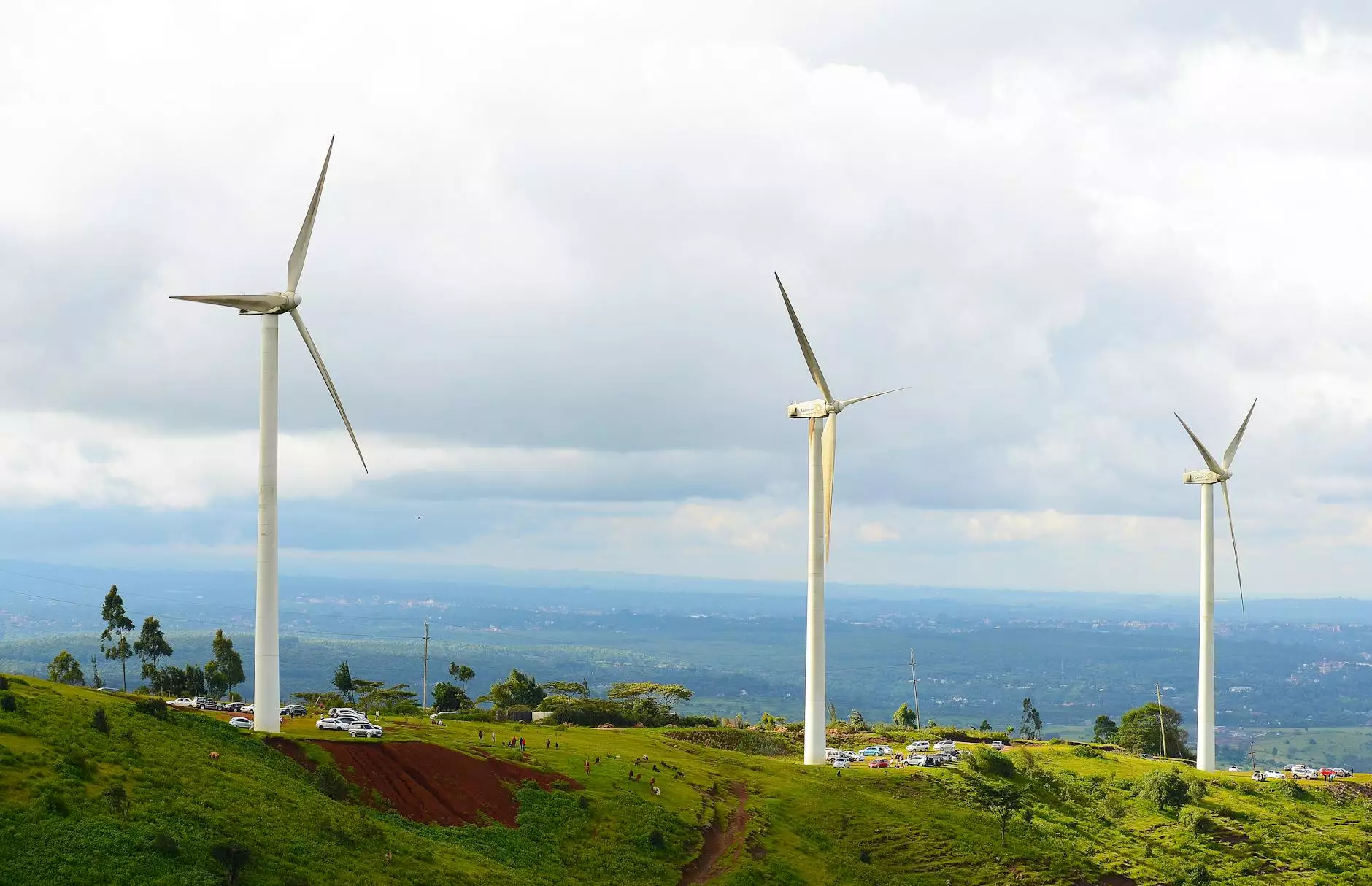The Rise of Chicken Farm Companies: A Deep Dive into the Poultry Industry

The poultry industry has seen phenomenal growth in recent years, driven by the increasing demand for chicken as a primary source of protein worldwide. Among the key players in this booming sector are chicken farm companies, which have been instrumental in shaping the landscape of poultry production, processing, and distribution. This article will explore the facets of this vibrant industry, focusing on Brazilian poultry exporters and chicken in bulk, while shedding light on how companies like Frozen Chicken Group are making significant strides.
Understanding Chicken Farm Companies
Chicken farm companies encompass a wide range of operations, from small family-owned farms to large-scale commercial producers. These companies are involved in the entire supply chain, from breeding to production to distribution. Their primary goal is to deliver high-quality chicken products to meet the demands of consumers while ensuring sustainability and ethical farming practices.
The Structure of Chicken Farm Companies
Most chicken farm companies operate on a vertically integrated model, which means they control multiple stages of production. This structure may include the following:
- Breeding Services: Companies may own hatcheries where they breed and hatch chicks.
- Feeding: Many chicken farm companies produce their own feed, ensuring the nutrition of their flocks.
- Rearing: This involves raising chickens until they reach market weight, typically between 6 to 8 weeks, depending on the breed.
- Processing: Slaughtering and processing chickens into market-ready products.
- Distribution: Efficient logistics to ensure fresh products reach retailers and consumers swiftly.
Brazilian Poultry Exporters: A Leader in the Global Market
Brazil stands as one of the leading poultry exporters globally, thanks largely to its vast agricultural land, favorable climate, and expertise in chicken farming. Brazilian chicken farm companies have managed to establish a reputation for high-quality products and efficient production practices. Frozen Chicken Group is an exemplary player in this field, leveraging Brazil’s competitive advantages to cater to both local and international markets.
Why Brazil Excels in Poultry Production
Several factors contribute to Brazil's status as a poultry powerhouse:
- Extensive Farming Infrastructure: Brazil has invested heavily in infrastructure, including roads and logistics, facilitating effective distribution channels.
- Innovative Practices: The adoption of advanced farming techniques, biosecurity measures, and sustainable practices ensures efficiency and safety.
- Diverse Consumer Base: Brazilian chicken products cater to various markets, from low-income consumers to high-end restaurant suppliers.
- Global Demand: As global meat demand surges, Brazilian producers are well-positioned to meet these needs through affordable pricing and quality.
Bulk Chicken Sales and Its Implications
As consumer preferences evolve, the demand for chicken in bulk has seen a significant increase, particularly in food service and retail sectors. Businesses, including restaurants, catering companies, and wholesalers, prefer to purchase chicken in bulk due to cost efficiency and guaranteed supply. Chicken farm companies are adapting by offering flexible bulk purchasing options that meet diverse client needs.
The Benefits of Buying Chicken in Bulk
Purchasing chicken in bulk comes with several advantages:
- Cost Savings: Buying in bulk typically reduces the per-unit price, allowing businesses to manage their food costs effectively.
- Consistency: Purchasing from reputable chicken farm companies ensures consistent quality across batches.
- Convenience: Regular bulk orders simplify inventory management and reduce the need for frequent purchases.
- Flexibility: Many suppliers, like Frozen Chicken Group, offer customizable bulk options based on specific business needs.
Sustainability in Chick Farming: A Growing Priority
With increasing awareness about environmental issues, sustainability has become a crucial topic within the poultry industry. Chicken farm companies are embracing sustainable practices to minimize their environmental impact. These include:
- Waste Management: Efficient disposal and recycling systems for manure and by-products to reduce waste.
- Water Conservation: Implementing technologies to recycle water and reduce consumption in farming operations.
- Energy Efficiency: Utilizing renewable energy sources and improving energy efficiency in processing plants.
- Animal Welfare: Adopting humane practices in animal rearing and slaughtering processes to ensure ethical treatment of livestock.
The Technological Revolution in Poultry Farming
Technology is reshaping the poultry industry, particularly in chicken farm companies. Innovations are improving productivity and food safety, fostering higher standards in farming practices. Key technological advancements include:
- Data Analytics: Utilizing data to monitor flock health, optimize feed efficiency, and improve overall farm management.
- Automation: Automated feeding systems and climate control technologies enhance productivity and reduce labor costs.
- Biotechnology: Innovations in genetics and breeding are helping to develop faster-growing, disease-resistant chicken breeds.
- Traceability Systems: Implementing blockchain and RFID technologies to track products from farm to table, enhancing food safety and consumer trust.
Challenges Facing Chicken Farm Companies
Despite their rapid growth, chicken farm companies face several challenges that can impact profitability and sustainability:
- Market Volatility: Fluctuations in feed prices and global demand can create market instability for chicken producers.
- Regulatory Compliance: Navigating complex regulations regarding food safety, animal welfare, and environmental protection can be challenging.
- Disease Management: Outbreaks of diseases like avian influenza can significantly disrupt operations and affect market confidence.
- Competitive Pressure: The global market is highly competitive, requiring constant innovation and adaptation to consumer preferences.
Conclusion: The Future of Chicken Farm Companies
The future of chicken farm companies looks promising, with innovations and sustainability practices paving the way for growth and development. As global demand for chicken continues to rise, businesses must adapt to changing market dynamics and consumer preferences. Industry leaders like Frozen Chicken Group are leading by example, showcasing the importance of quality, efficiency, and responsible farming practices. To remain competitive, companies must embrace new technologies, prioritize animal welfare, and commit to sustainable practices that contribute to a better future for both consumers and the planet.
In conclusion, as we witness the ongoing evolution of the poultry industry, it’s clear that chicken farm companies will play a vital role in feeding the world sustainably and efficiently. Investing in these companies offers not just financial opportunities but also a chance to be part of a solution towards global food security.









